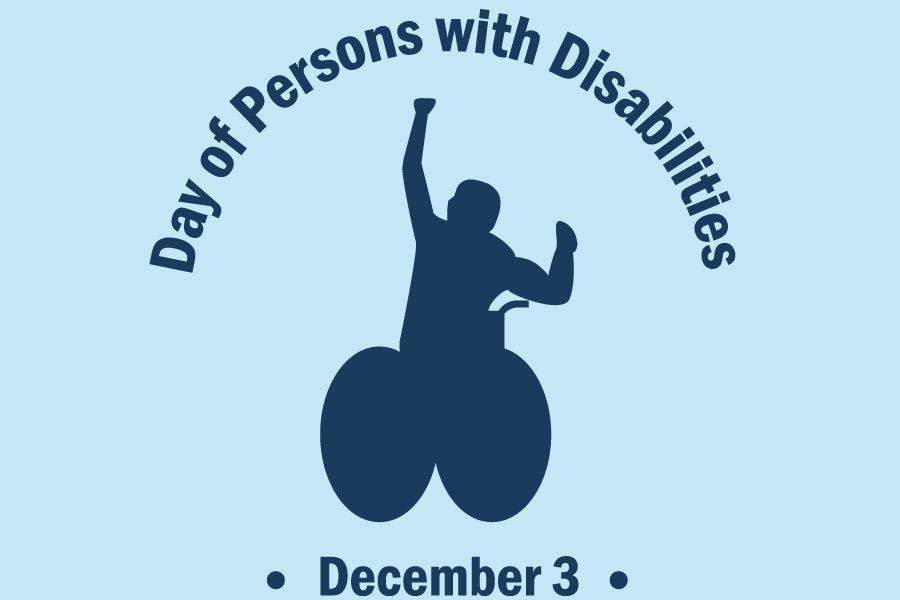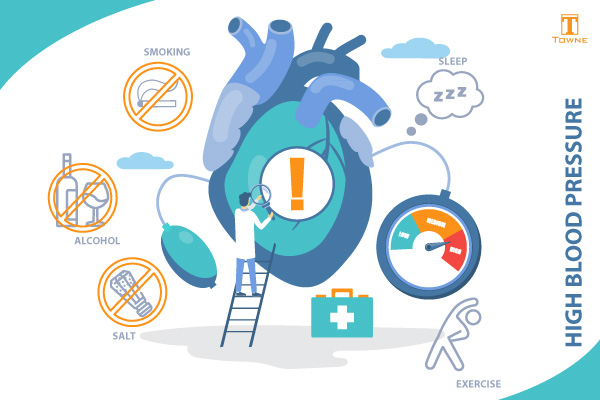When does an older person become disabled? Although there are medical definitions of disability, it seems that the label is used pretty subjectively by people. Two people with the same medical problem may identify differently, with one considering himself disabled and the other one not.
The World Health Organization defines disability as “any limitation or function loss deriving from impairment that prevents the performance of an activity in the time lapse considered normal for a human being.” Approximately 63% of disabled people in the United States are over the age of 65, but a large portion of them don’t consider themselves to be disabled.
Why is this?
According to a research study, one explanation is that that see their impairments as a natural part of aging. People tend to define their health in relation to the people around them. If their friends of the same age group are in a similar situation, seniors will feel healthier and not define themselves as disabled.
Another reason is that seniors who have strong support systems are still able to do everything they used to do, with the help of others, so they don’t feel their disabilities.
Disability in old age often comes on gradually, and is not felt as strongly as when it happens suddenly. As long as people maintain a certain level of independence, they will not see themselves as disabled.
However, when there is a sudden deterioration in health, seniors are more likely to use the word “disabled.” And if they are confined to a wheelchair, it’s even more likely that they will identify in this way. That is probably due to the fact that the wheelchair is the symbol of disability and is stereotypically considered to denote dependency.
Seniors who are unable to live independently and need home care or a nursing facility are more likely to think of themselves as disabled. This can often lead to worry, depression and anxiety. The good news is that subjective views of health are greatly influenced by other people. If family, friends and caregivers project a positive outlook about the senior’s health, he will probably adopt that attitude as well.
Today we commemorate the International Day of People with Disabilities. Let’s take this opportunity to remember how much influence we have on our patients’ perceptions of their own health and do our best to reassure them that there are still many tasks they can do independently.







